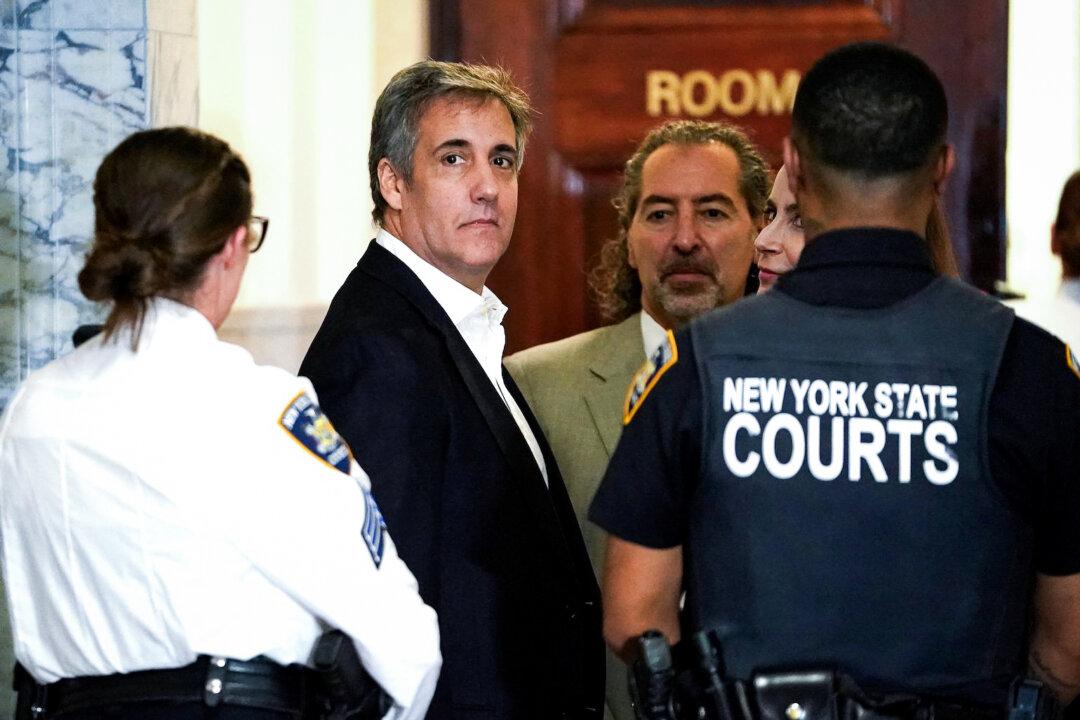With prosecutors expecting to call only two more witnesses before resting their case against former President Donald Trump, the trial this coming week is sure to feature extensive testimony by the Manhattan District Attorney’s star witness, Michael Cohen.
The controversial ex-Trump lawyer originated the claims that led to the 34-count criminal indictment of President Trump, alleging that 11 invoices that Mr. Cohen billed and their corresponding check payments and vouchers were falsified business records created to cover up a scheme to influence the 2016 elections.





